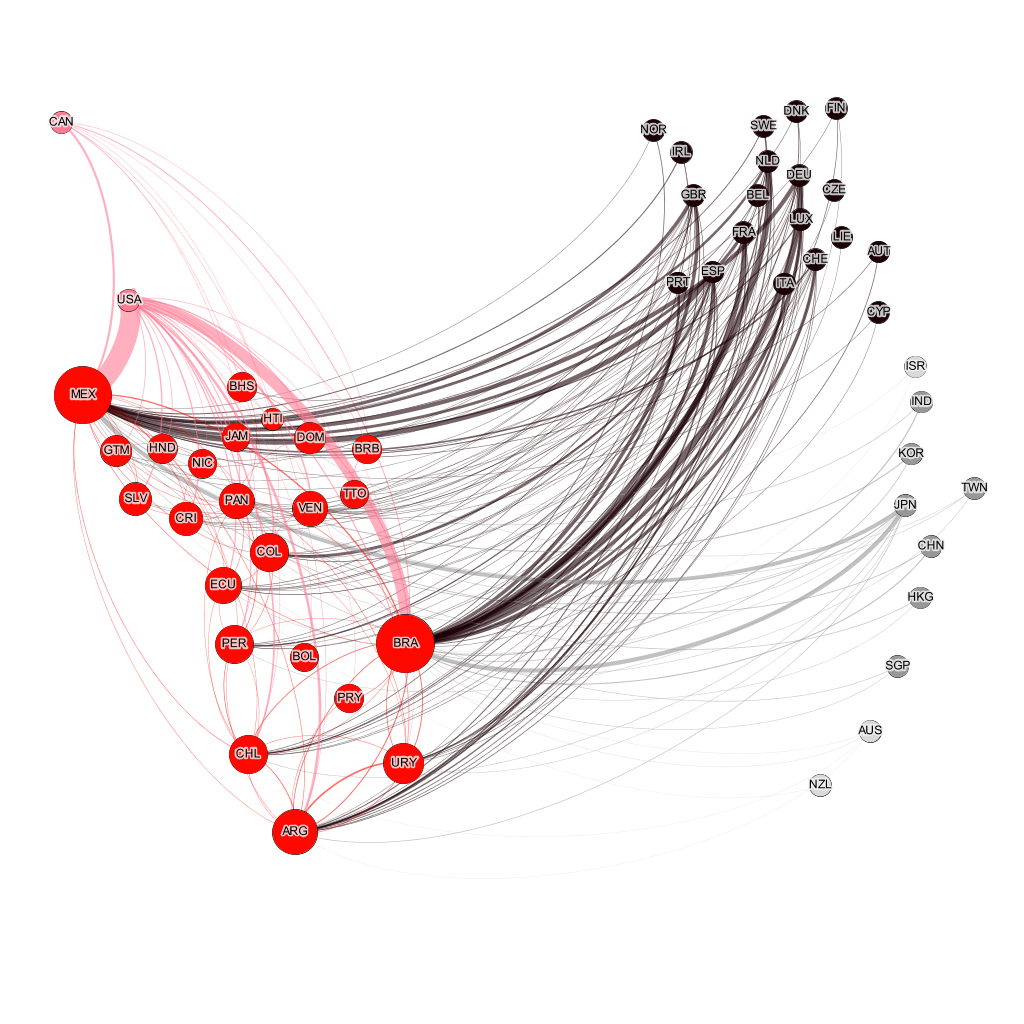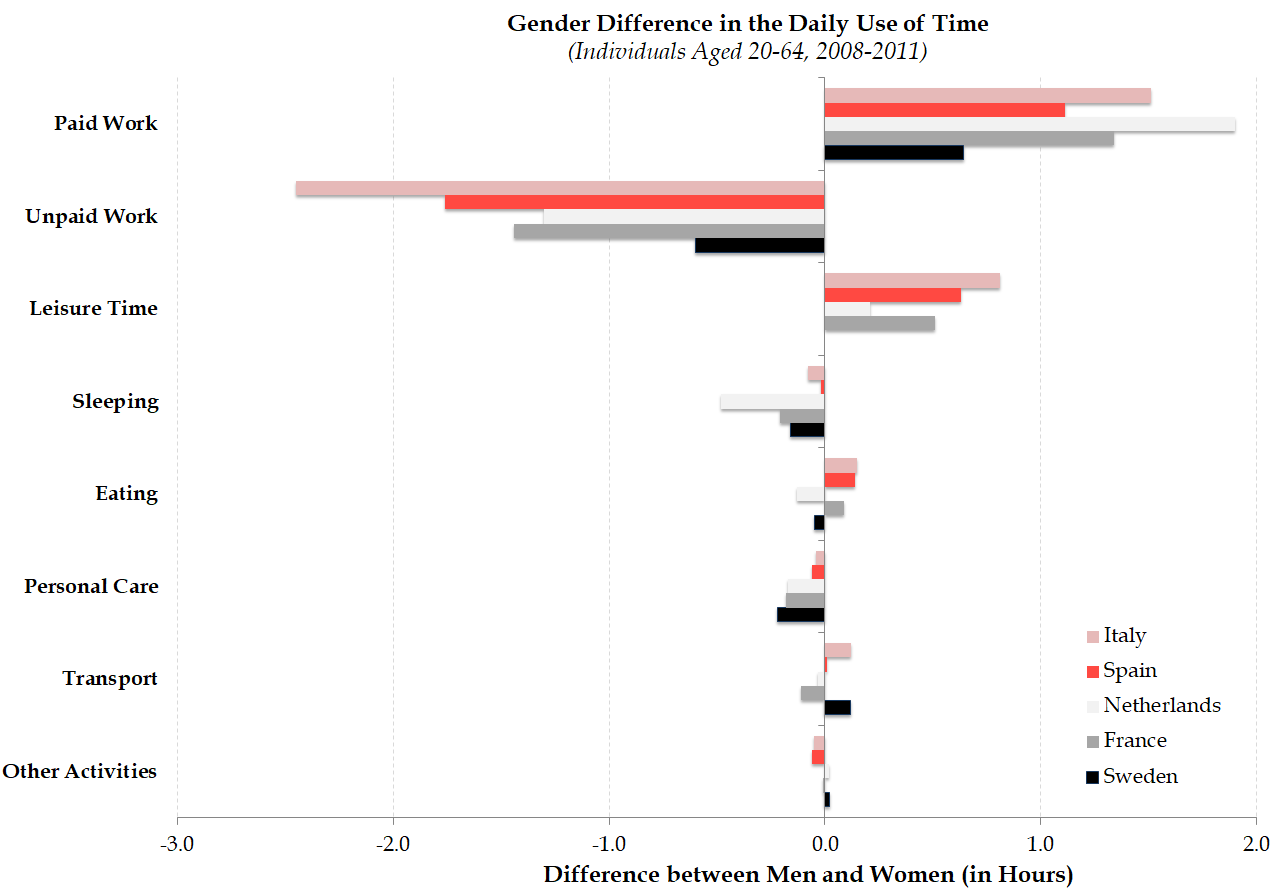My work aims to be policy-oriented, focusing on analyzing the roots of specific economic problems and assessing the merits of the alternative policy instruments available to tackle them. For that purpose, I have collaborated with several institutions in the past, including the Inter-American Development Bank, the World Bank, the International Growth Centre, the Bank of Spain, FEDEA and the Spanish Women Institute. I have also collaborated with local governments in several countries such as Rwanda, Uganda, Costa Rica and the Dominican Republic. Below are some of the main projects that I have worked on.
Investment Promotion in Latin America
The project
Over the last few decades most countries in the world have opened investment promotion agencies (IPAs) with the objective to attract foreign direct investment. The evidence on the effectiveness of these agencies is, however, limited. In this project of the Inter-American Development Bank with Christian Volpe Martincus we combine firm-level assistance data in 12 countries in Latin America with a unique database of multinational location decisions in order to analyze the impact of IPAs.
What do we find?
(1) Assistance by an IPA is effective at attracting multinational firms for the first time. It also positively affects reinvestment, albeit only in large host countries.
(2) The impact is larger for home countries and sectors where the information barriers are likely to be larger (e.g. firms from Asia, firms operating in sectors with differentiated products).
(3) Support by IPAs seems to be especially effective at attracting medium size multinational companies (with 2-10 affiliates worldwide).
(4) Investment promotion is cost-effective. Each US1$ spent on investment promotion generated US$41 of additional FDI in first establishments and US$15 of additional FDI in reinvestment. Moreover, each US$10,000 assigned to investment promotion is associated with a total of 5.5 additional jobs.
Read more:
–Making the Invisible Visible: Investment Promotion and Multinational Production in Latin America and the Caribbean. Inter-American Development Bank. Co-author of Chapters 2 and 4.
Gender Inequality in Spain
The project
The aim of this project, funded by the Spanish Women Institute and co-authored with Ignacio Conde Ruiz , is to provide a comprehensive assessment of the male-female differentials in Spain in terms of labor force participation, working conditions and professional development in order to identify the major obstacles in achieving gender inequality in the labor market.
What do we find?
Despite the great progress that has been made in the last two decades, which has brought Spain on a par with other European countries in many dimensions, the gender gap is still large in a wide number of areas such as gender pay gap, temporality, undesired part-time work and over-qualification. Women are highly under-represented in positions of power and authority in both public and private organizations and there is a high level of occupational and sectorial segregation.
The uneven distribution of tasks at the household level is one of the most important factors behind gender inequality in the labor market, one that is likely further hindering the participation of women in the labor market and contributing to widening the gender gap in many other dimensions.
We discuss the merits of potential gender policy measures such as free childcare services, alternative parental leave systems, flexible work arrangements and gender quotas.
Read more:
–Gender Wage Gaps in Spain (with Brindusa Anghel and Ignacio Conde Ruiz – in Spanish). Review of Public Economics / Hacienda Pública Española, 2019.
–Gender Gaps in the Spanish Labor Market (with Ignacio Conde Ruiz). FEDEA Studies on the Spanish Economy, 2016/32.

